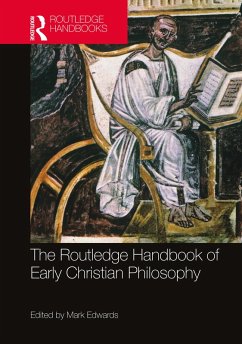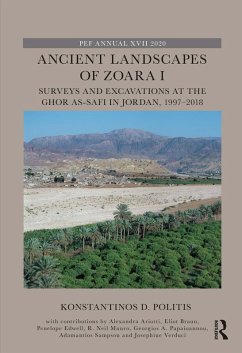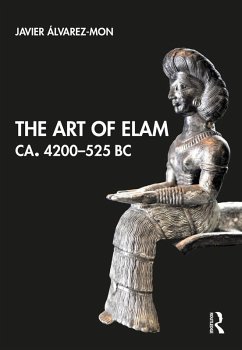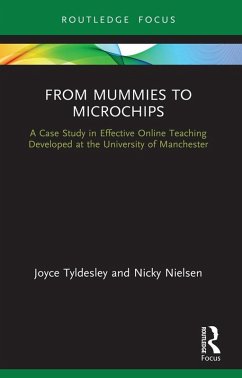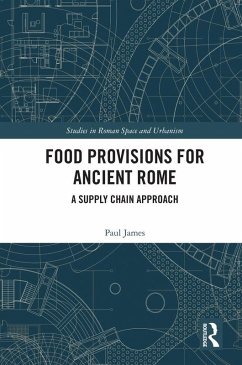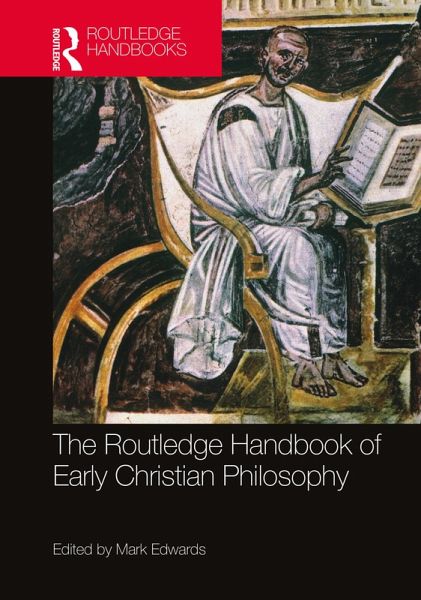
The Routledge Handbook of Early Christian Philosophy (eBook, ePUB)
Versandkostenfrei!
Sofort per Download lieferbar
43,95 €
inkl. MwSt.
Weitere Ausgaben:

PAYBACK Punkte
22 °P sammeln!
This volume offers the most comprehensive survey available of the philosophical background to the works of early Christian writers and the development of early Christian doctrine.It examines how the same philosophical questions were approached by Christian and pagan thinkers; the philosophical element in Christian doctrines; the interaction of particular philosophies with Christian thought; and the constructive use of existing philosophies by all Christian thinkers of late antiquity. While most studies of ancient Christian writers and the development of early Christian doctrine make some refer...
This volume offers the most comprehensive survey available of the philosophical background to the works of early Christian writers and the development of early Christian doctrine.
It examines how the same philosophical questions were approached by Christian and pagan thinkers; the philosophical element in Christian doctrines; the interaction of particular philosophies with Christian thought; and the constructive use of existing philosophies by all Christian thinkers of late antiquity. While most studies of ancient Christian writers and the development of early Christian doctrine make some reference to the philosophic background, this is often of an anecdotal character, and does not enable the reader to determine whether the likenesses are deep or superficial, or how pervasively one particular philosopher may have influenced Christian thought. This volume is designed to provide not only a body of facts more compendious than can be found elsewhere, but the contextual information which will enable readers to judge or clarify the statements that they encounter in works of more limited scope.
With contributions by an international group of experts in both philosophy and Christian thought, this is an invaluable resource for scholars of early Christianity, Late Antiquity and ancient philosophy alike.
It examines how the same philosophical questions were approached by Christian and pagan thinkers; the philosophical element in Christian doctrines; the interaction of particular philosophies with Christian thought; and the constructive use of existing philosophies by all Christian thinkers of late antiquity. While most studies of ancient Christian writers and the development of early Christian doctrine make some reference to the philosophic background, this is often of an anecdotal character, and does not enable the reader to determine whether the likenesses are deep or superficial, or how pervasively one particular philosopher may have influenced Christian thought. This volume is designed to provide not only a body of facts more compendious than can be found elsewhere, but the contextual information which will enable readers to judge or clarify the statements that they encounter in works of more limited scope.
With contributions by an international group of experts in both philosophy and Christian thought, this is an invaluable resource for scholars of early Christianity, Late Antiquity and ancient philosophy alike.
Dieser Download kann aus rechtlichen Gründen nur mit Rechnungsadresse in A, B, BG, CY, CZ, D, DK, EW, E, FIN, F, GR, HR, H, IRL, I, LT, L, LR, M, NL, PL, P, R, S, SLO, SK ausgeliefert werden.




